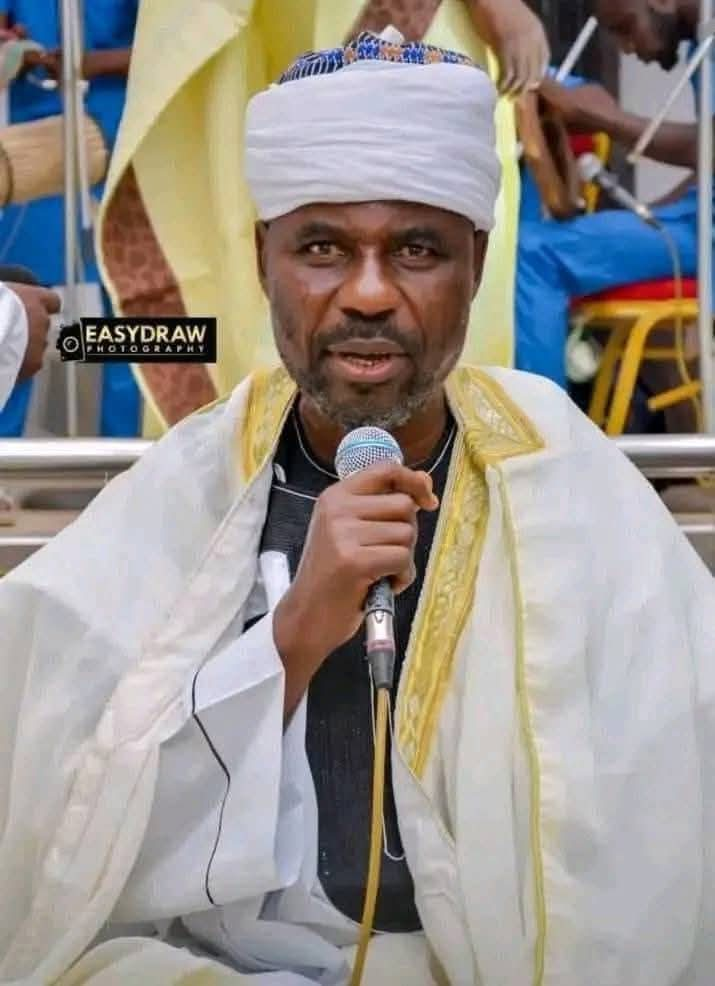Why validity of UTME result can’t be extended — JAMB registrar
[ad_1]
Registrar of the Joint Admissions and Matriculation Board (JAMB), Professor Is-haq Oloyede, has stated the reasons why the validity of the result of the Unified Tertiary Examination (UTME) conducted by the board cannot be extended to two or three years as being canvassed by people in some quarters.
At least, about 1.5 million candidates register annually to sit for the placement test as prerequisite for securing administration into universities and other tertiary institutions in Nigeria.
However, out of this figure, only slightly over 500,000 candidates are able to secure admissions annually in the available tertiary institutions.
The development has prompted some stakeholders, including lawmakers in the National Assembly, to canvass the extension of the validity of the UTME result to one or two years.
This, according to the executive director of Education Rights Initiative (ERI), Dr Joseph Udah, would enable the candidates with good result to use it for admission the following year after a failed attempt to gain admission in the current year.
Oloyede, however, made clarification on this while delivering a lecture entitled: ‘The Imperative of JAMB in Tertiary Education in Nigeria’ at the 13th Gbagura Day celebration held in Abeokuta, Ogun State.
He dismissed claim that the board is an examination body, explaining that JAMB can admit candidates in conjunction with tertiary institutions without examination while citing the Direct Entry admission option through which candidates gain admissions through JAMB without taking any placement examination.
He disclosed that the multiple admissions given to candidates by different institutions were one of the reasons for the establishment of JAMB.
“The establishment of the board became necessary as the multiple admissions denied other students the opportunity to study their desired courses. It was also in a bid to achieve a national spread where every candidate who meets the requirements is offered admission that brought JAMB into being in 1977.
“The Unified Tertiary Matriculation Examination (UTME) is a ‘one- chance’ examination as you cannot bank (extend validity) on an examination that does not reflect the overall ability of the candidate. This implies that the result can only be used for the purpose for which the examination is written,” he said.
Analysing the entry requirements, he said that “possession of only the UTME result does not guarantee admission into some higher institutions, as some institutions use the combination of both the UTME and candidate’s O’level results to arrive at an aggregate to offer admission.”
He said though, with the improved credibility of the UTME, a reasonable number of tertiary institutions use the UTME alone for admission consideration.
He admonished candidates to choose institutions within their catchment areas to enhance their chances of gaining admissions.
He explained that the first 45 percent of admissions in federal institutions are based on merit, 35 percent on catchment areas and 20 per cent on educationally-less disadvantaged states.
In his reaction, the chairman of the occasion and former vice chancellor of the University of Lagos, Professor Rahman Adisa Bello, described the lecture as first of its kind in the two years reign of His Royal Highness, Oba (Dr) Saburi Babajide Isola Bakre, the Jamolu II, Agura of Gbagura, as it focused on educational development in Gbagura land.
Bello charged secondary school students who were present at the lecture to count themselves lucky to have heard from the ‘horse’s mouth.”
He enjoined them to put the information received at the lecture to a good use in their quest for admissions into tertiary institutions after their secondary education.
In his closing remarks, Professor Bello expressed appreciation to His Royal Highness, the Agura of Gbagura, for creating the enabling environment for students of Gbagura Kingdom to acquire necessary information that would prove useful in their educational pursuits.
[ad_2]















Post Comment